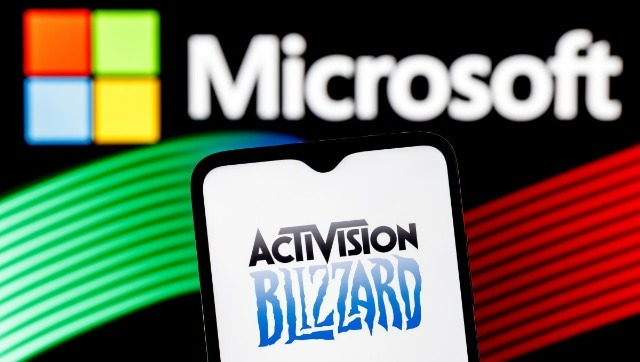UK ban affects Microsoft’s Activision Blizzard acquisition.
2 min read
Contents
- 1 The unexpected CMA statement expressed concerns about Microsoft’s excessive influence in cloud gaming through the deal.
- 2 What drove Microsoft to pursue the acquisition of Activision Blizzard?
- 3 Was the Call of Duty franchise a factor in the deal’s obstruction?
- 4 Is the UK poised to face adverse repercussions due to this?
The unexpected CMA statement expressed concerns about Microsoft’s excessive influence in cloud gaming through the deal.
The unforeseen move by the UK competition regulator has halted Microsoft’s $70 billion acquisition of Activision Blizzard, known for games like Call of Duty, World of Warcraft, and Candy Crush Saga. This, if successful, would have marked the largest gaming industry acquisition. However, unless the companies can appeal the ban successfully in a tribunal, the global deal is now canceled.
What drove Microsoft to pursue the acquisition of Activision Blizzard?
Activision Blizzard, a prominent global game developer, boasts an extensive collection of titles, top-selling games, and large-scale e-sports events. Yet, the pinnacle of its success lies in the Call of Duty series, released annually by three rotating studios and backed by various developers within the Activision conglomerate. The multiplayer mode, Warzone, alone garnered over 6 million players within its initial 24 hours of release, establishing it as a remarkable success.
Was the Call of Duty franchise a factor in the deal’s obstruction?
To a certain degree, yes, but not as expected. Sony, the proprietor of the leading gaming console, PlayStation, voiced worries that Microsoft’s ownership of Call of Duty could potentially impact the console market negatively—either by restricting the game from PlayStation or by delivering an inferior version. Microsoft reassured Sony that it had no intention of such actions and presented a proposal to guarantee the game’s availability on various platforms for a minimum of ten years. This offer was also accepted by other rivals, including Nintendo.
Is the UK poised to face adverse repercussions due to this?
Both Microsoft and Activision Blizzard hold this view. Microsoft’s president, Brad Smith, warned that the prohibition would hinder technological innovation and investment in the UK. Lulu Cheng Meservey, Chief Communications Officer at Activision Blizzard, took it a step further, pledging to reassess the company’s expansion strategies in the UK. She emphasized that innovators, regardless of size, would perceive that, despite its discourse, the UK was essentially closed for business.



